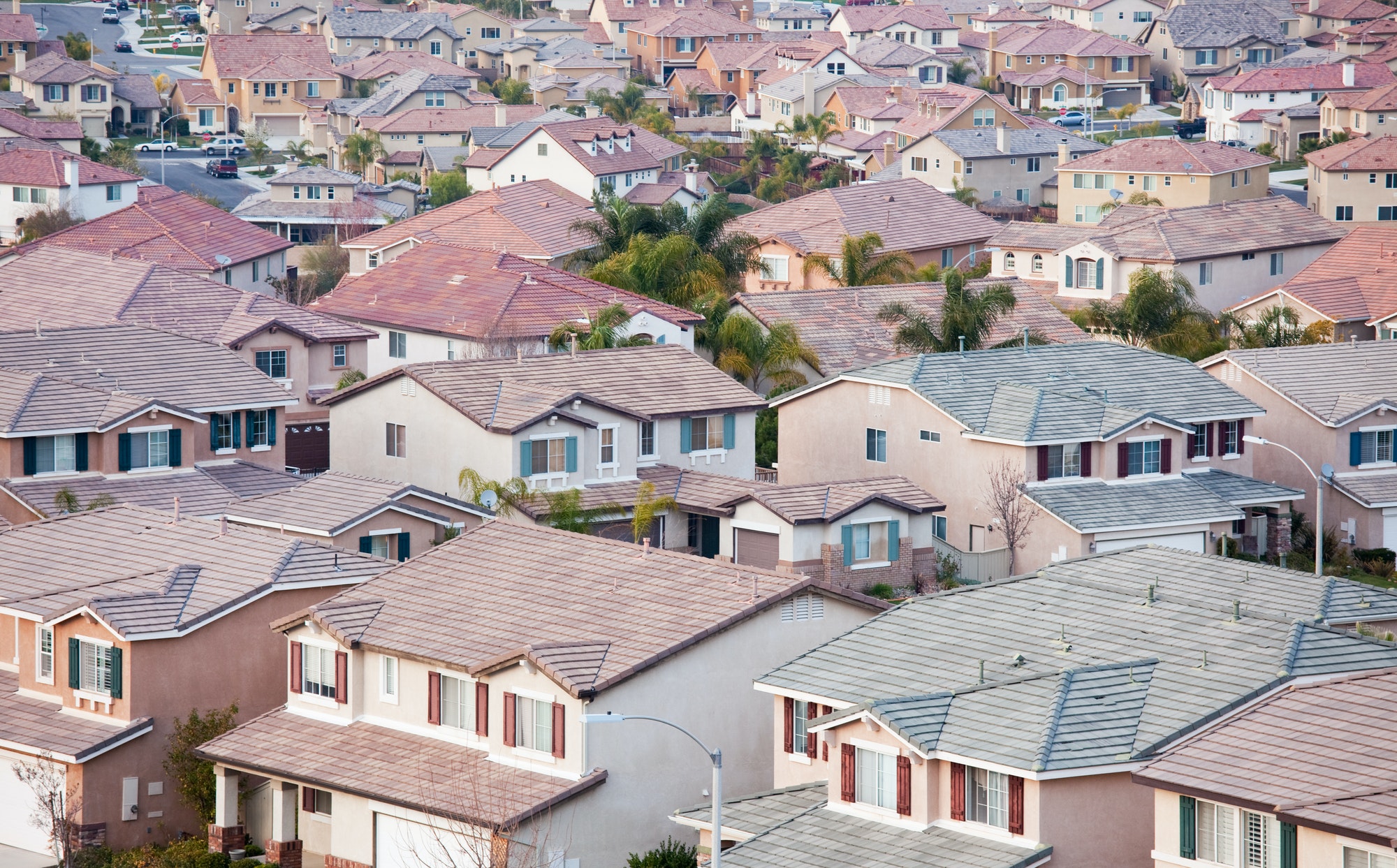Foreclosures, while often viewed as individual financial crises, have far-reaching consequences that extend beyond the homeowners directly affected. The repercussions of foreclosures ripple through neighborhoods and communities, impacting property values, community stability, and the overall well-being of residents. In this article, we will explore the multifaceted impact of foreclosure on neighborhoods and communities, shedding light on the broader implications of this complex issue.
- Property Devaluation:
Foreclosures can have a detrimental effect on property values in a neighborhood. When multiple properties in the same area go through foreclosure, it can create a downward pressure on home values. Potential homebuyers may be hesitant to invest in a neighborhood with a high number of foreclosed properties, fearing that the overall property values will continue to decline.
- Blight and Neglect:
Foreclosed homes are sometimes left vacant, and without proper maintenance, they can quickly fall into disrepair. These vacant properties can become eyesores and contribute to neighborhood blight, impacting the visual appeal and overall ambiance of the community.
- Increased Crime Rates:
Vacant, foreclosed properties are often more vulnerable to criminal activities, such as vandalism, squatting, and theft. This can lead to an increase in crime rates in the neighborhood, making residents feel less safe and secure.
- Reduced Tax Revenue:
Communities rely on property tax revenue to fund essential services like schools, parks, and public safety. As property values decrease due to foreclosures, local governments may experience reduced tax revenue, potentially leading to cutbacks in services or increased tax rates for remaining residents.
- Strained Community Cohesion:
The presence of foreclosures can create uncertainty and stress among residents. Neighbors may fear that the negative consequences of foreclosure will spread, leading to a sense of community instability and a breakdown of trust among residents.
- Educational Impact:
Foreclosures can affect the quality of education in a community. As tax revenues decline, schools may face budget cuts, affecting educational programs and resources. Children of homeowners facing foreclosure may also experience disruptions in their education.
- Health and Well-Being:
Stress and anxiety related to foreclosure can impact the mental and physical health of affected homeowners. This stress can also extend to neighbors who may be concerned about the fate of the community.
- Community Involvement and Social Fabric:
Foreclosure can lead to the displacement of families, weakening the social fabric of a neighborhood. Communities often thrive when residents are engaged and involved, but foreclosures can disrupt this engagement and cohesion.
- Reduction in Homeownership Rates:
High foreclosure rates can lead to a shift in homeownership dynamics. As more people rent rather than own, there may be fewer stakeholders invested in the long-term well-being of the community.
Conclusion
The impact of foreclosures on neighborhoods and communities goes far beyond the financial losses experienced by individual homeowners. Foreclosures can erode property values, disrupt community stability, and have a cascading effect on local services, educational opportunities, and the overall quality of life in the area. To mitigate these effects, it is essential for communities, local governments, and stakeholders to work together to find solutions that support homeowners facing foreclosure and preserve the well-being of the neighborhoods they call home.
